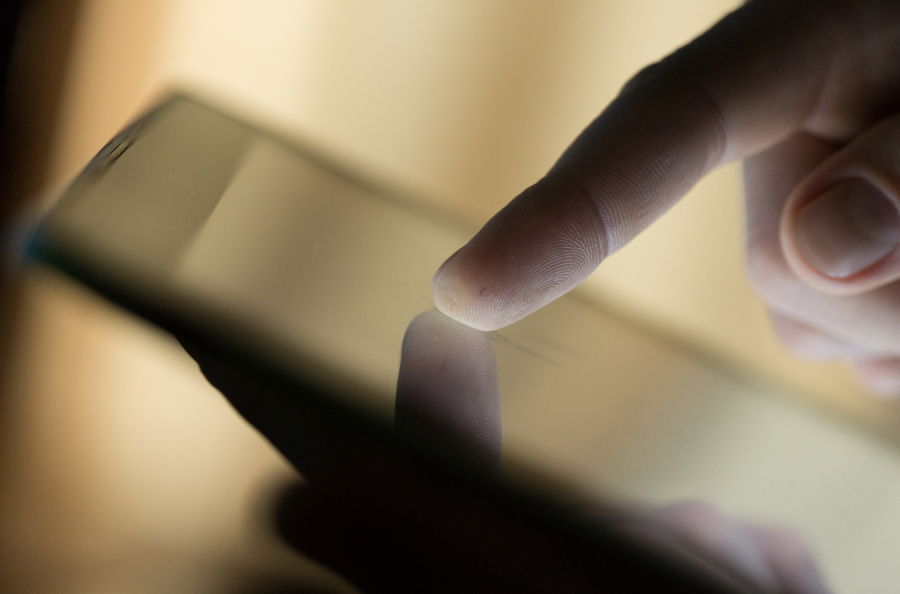Exposure to misinformation could see people making a U-turn on taking a COVID-19 vaccine

Fewer people in the UK and US would “definitely” take a COVID-19 vaccine than is required for herd immunity, and misinformation could push these levels further away from that goal, suggests new research.
The study, which is under peer review, was led by the London School of Hygiene & Tropical Medicine. It asked 8,000 people about their willingness to accept a potential COVID-19 vaccine. Prior to being exposed with misinformation, 54% of those surveyed in the UK said they would “definitely” accept a vaccine, 41.2% in the US.
After being shown online misinformation, that number dropped by 6.4% (UK) and by 2.4% (US).
It is estimated that a COVID-19 vaccine will need to be accepted by at least 55% of the population to provide herd immunity, and some scientists anticipate even higher numbers will be needed. The researchers who conducted the new study say the findings can help inform COVID-19 vaccination messaging and engagement strategies to mitigate the negative impacts of misinformation in the UK and US.
As COVID-19 vaccine trials continue, there have been widely circulating false stories about the virus as well as potential vaccines and treatments. Rumours include claims that 5G mobile networks are causing the virus, that the pandemic is a conspiracy or a bioweapon, and that vaccine participants have died after taking a candidate COVID-19 vaccine – none of which are true.
Professor Heidi Larson from the London School of Hygiene & Tropical Medicine and study lead said: “COVID-19 vaccines will be crucial to helping to end this pandemic and returning our lives to near normal. However, vaccines only work if people take them. Misinformation plays into existing anxieties and uncertainty around new vaccines, as well as the new platforms that are being used to develop them. This threatens to undermine the levels of COVD-19 vaccine acceptance required.
“Although studies have examined the effect of COVID-19 misinformation on public perception, the link between exposure to misinformation and intent to receive a future vaccination is less well known. This study plugs that knowledge gap.”
The research team aimed to quantify the impact of online misinformation on intent to take a COVID-19 vaccine, and identify socio-economic groups that are most susceptible to online misinformation and at-risk of non-vaccination.
In the study, 3,000 respondents in each country were exposed to widely circulating misinformation on social media surrounding a COVID-19 vaccine between June and August 2020. The remaining 1,000 were shown information about a COVID-19 vaccine that was factual to serve as a randomised control.
According to the article, ‘In both countries, individuals with highest educational attainment below postgraduate degrees, low income groups, and non-whites are more likely to reject a COVID-19 vaccine.’ Females are also more likely than males to refuse a COVID vaccine. However, more respondents in both countries would accept a vaccine if it meant protecting family, friends, or at-risk groups.
In the US, Democrats are less likely to reject the vaccine than Republicans, whereas those who do not affiliate with any of the four major parties in the UK are far more likely to refuse a vaccine.
Many groups in the US appear to be vulnerable to COVID-19 vaccine misinformation. Respondents aged over 35 are significantly more likely to reject a vaccine after exposure to misinformation than they were before exposure.
In the US, those who use up to 30 minutes of social media daily are less susceptible than non-users or those who use less than 10 minutes of social media per day. In the UK, the impact of misinformation on intent to vaccinate appears to have no difference across socio-eco-demographic groups.
Professor Larson notes: “Vaccine confidence has a significant impact on global health. Positive confidence means higher acceptance of crucial health interventions, while low confidence means heightened risk perception and vulnerability to misinformation. We know misinformation is out there, but until now we did not know how significant its impact really is.
“Our work has shown that misinformation can change people’s minds and willingness to accept a potential COVID-19 vaccine, a decision which could threaten lives around the world. Reported willingness to accept a COVID-19 vaccine is already below the needed herd immunity threshold. Exposure to misinformation could push us even further away from that goal.
The study also found that the main barriers to positive intent to vaccinate were concerns over vaccine safety, and a belief that they would not be at risk of contracting COVID-19 or would not become ill if they did. Individuals who wanted to “wait until others” had been vaccinated were less likely to outright reject a vaccine.
Professor Larson said: “This study can’t replicate a real-world social media platform environment. However, it provides valuable insights for policymakers and stakeholders engaged in either public health communication or the design of vaccine-rollout programme.
“The potential risks of campaigns which aim to propagate vaccine anxiety and doubts through misinformation should not be underestimated. These are serious risks that can undermine optimum uptake of potential new COVID-19 vaccines.”
Pre-print Publication
Loomba, A. de Figueiredo, S. J. Piatek, K. de Graaf, H. J. Larson. Measuring the Impact of Exposure to COVID-19 Vaccine Misinformation on Vaccine Intent in the UK and US. DOI: 10.1101/2020.10.22.20217513
*** This article has been archived for your research. The original version from Mirage News can be found here ***


